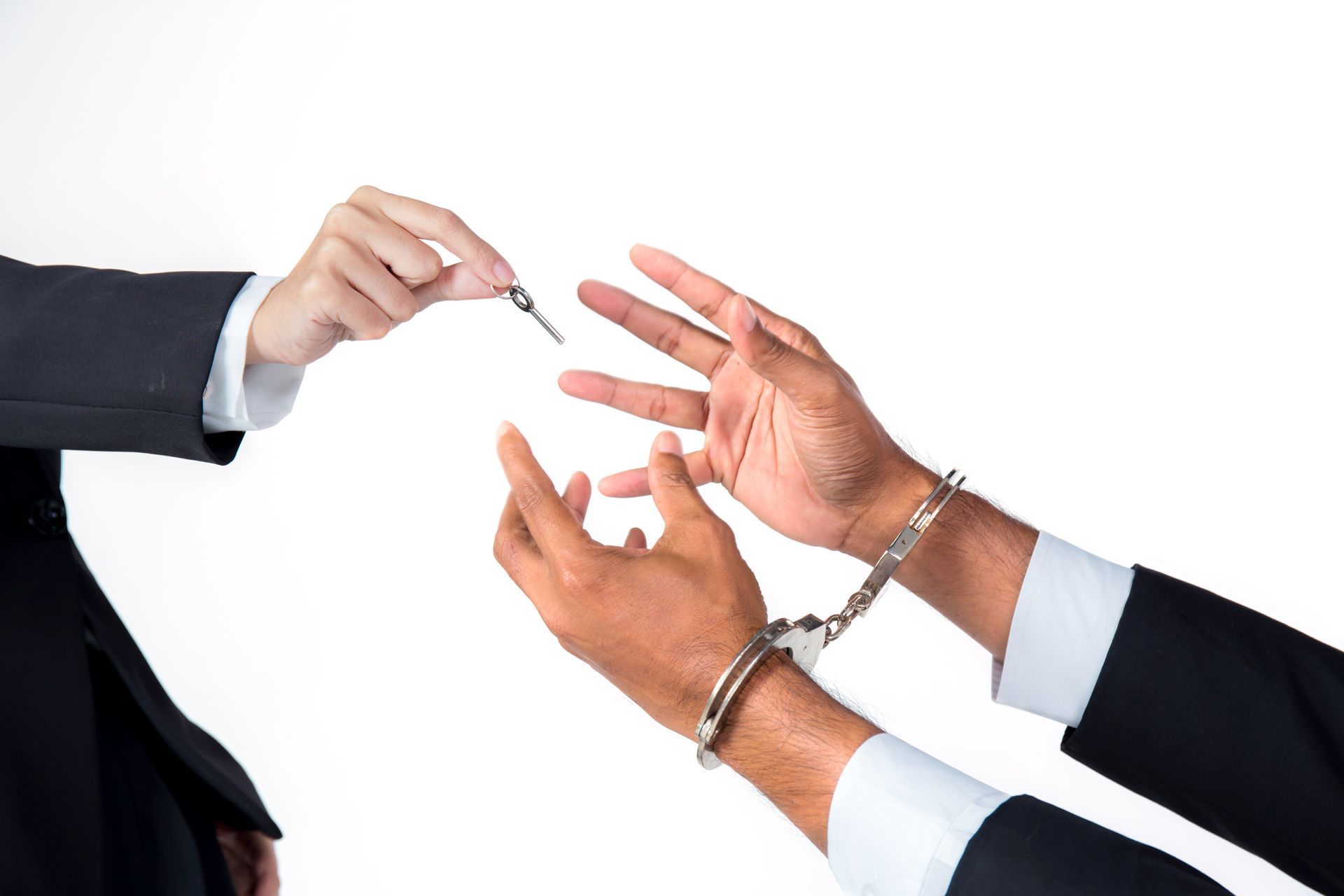What Makes a Domestic Violence Charge Stick in Arizona?

An arrest for domestic violence in Arizona does not guarantee a conviction. Prosecutors must meet specific legal standards before charges can stick, and that often requires more than just an allegation or visible injury. To secure a conviction, the state must prove both the underlying crime and that it qualifies as domestic violence under Arizona law.
Domestic Violence Is a Legal Designation
Domestic violence isn’t a separate offense. Instead, Arizona law applies the “domestic violence” label to other crimes, such as assault, threats, harassment, criminal damage, or interfering with phone calls when they occur within certain relationships (ARS 13-3601). Those include spouses, former spouses, romantic partners, family members, roommates, and others with similar household ties.
The designation matters because it enhances penalties, can lead to firearm restrictions, and carries lasting personal consequences. For the charge to hold up in court, prosecutors must prove the crime itself and establish the qualifying relationship beyond a reasonable doubt.
Why Physical Injuries Alone Aren’t Enough
Photos of bruises or medical records of an injury can look persuasive, but by themselves they do not automatically prove guilt. Injuries can be self-inflicted, accidental, or sustained in a mutual confrontation where both people were physical.
If you’re being wrongfully accused of causing an injury, don’t lose hope. Courts recognize that injuries can have many causes and require context. picture may show that someone was hurt, but it does not answer critical questions:
- Who caused it?
- How did it happen?
- Was it the result of unlawful conduct?
Without corroboration, physical evidence on its own rarely makes an airtight case.
Evidence That Strengthens Domestic Violence Cases
Victim Testimony
The alleged victim’s account is often the impetus for prosecutions, but it’s not above challenge. Courts look for testimony that is detailed, consistent, and credible over time. If a story changes significantly or the person later recants, it can lead to reduced or even dropped charges.
Witness Accounts
Neighbors, children, or even strangers may have heard or seen an argument escalate. Independent witnesses can be powerful because they are seen as neutral compared to the people directly involved.
However, the witnesses’ relationships with the accuser and the accused can influence the credibility their testimony is given. For example, the testimony of the alleged victim’s sibling, or a close friend of the defendant, may carry less weight due to their perceived bias.
Physical Evidence with Corroboration
Photos of injuries, medical records, or pictures of damaged property become much stronger when paired with credible testimony or other proof. For example, ER or urgent care records noting that injuries are consistent with being struck or restrained rather than accidental or self-inflicted.
Prior History or Patterns
Evidence of prior incidents, such as previous police reports, protective orders, or earlier convictions, can be used in some cases to show a pattern of behavior. While a single incident may be disputed, a documented history can make the prosecution’s case much more persuasive.
Recordings and Digital Evidence
Modern cases often involve 911 recordings, body-worn camera footage, or text messages. These can provide contemporaneous evidence that supports or contradicts testimony. Everything from the demeanor of both parties when law enforcement arrives to background noises in 911 calls can influence the outcome of a case.
When Charges Don’t Hold Up
Domestic violence cases are challenging for prosecutors when the evidence is thin. Situations where the alleged victim refuses to testify, there are no witnesses, or injuries are ambiguous often lead to weak cases, advantageous plea opportunities, or even dropped charges.
Similarly, if the defense can raise self-defense or mutual combat as plausible explanations, juries may find there is reasonable doubt.
Being Accused of Domestic Violence Does Not Always Result in a Conviction
Cases backed only by injuries without context, or inconsistent statements from the accuser or witnesses, often fall short of the legal standard of proof required.
Michael Alarid III is a Board-Certified Criminal Law Specialist who has defended many Phoenix clients facing domestic violence accusations. Call (602) 818-3110 to discuss your situation during a free case evaluation.



